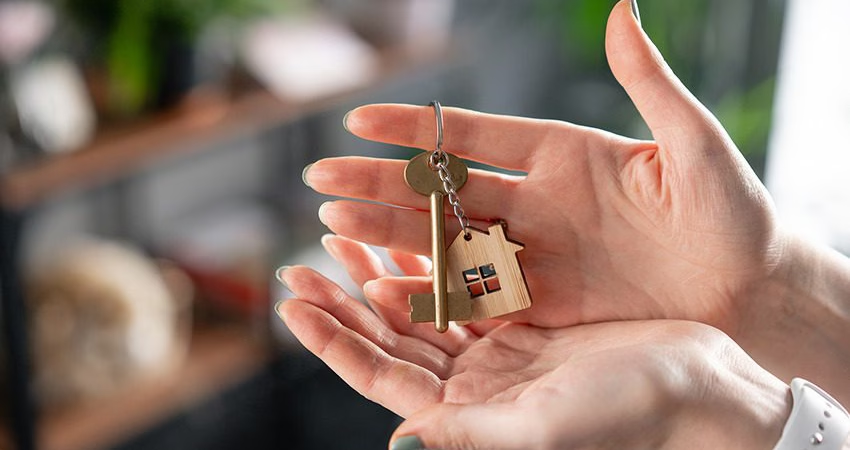Matrimonial home rights: What you need to know
What are my rights to the marital home in a divorce? While you are married, you have the right to stay in the house no matter who owns the house. Some of the most common scenarios we come across are where one person in a marriage has contributed more to the financial side of the

What are my rights to the marital home in a divorce?
While you are married, you have the right to stay in the house no matter who owns the house.
Some of the most common scenarios we come across are where one person in a marriage has contributed more to the financial side of the relationship and legally owns the marital house. This could be for a number of reasons – if people get together later in life, it is likely that one of them may already own their own house and their new spouse may move in but not legally take on any element of property ownership or contribute to the mortgage.
Get a cash offer for your house today!
What are my matrimonial home rights?
If you and your partner are separated and a divorce is in the pipeline, you may already be wondering where you stand if your husband or wife owns the property you both reside in.
You have the right to remain in the house while you are married, as it is your marital home regardless of who contributed more to its purchase or the mortgage payments. Even if the house is only in the name of one person in a relationship, the other has the legal right to remain as long as they are married.
Matrimonial home rights after a divorce
These rights immediately disappear once you are legally divorced. Not all divorces are acrimonious, but even if your separation has so far been good-natured and on good terms, it is vital at this point that you protect yourself from becoming homeless.
As soon as a marriage breaks down and final, legal separation is agreed upon, the spouse who does not legally own the property should seek a Notice of Home Rights against the property with the Land Registry. A Notice of Home Rights is part of the Family Law Act 1996 and affords protection to spouses who do not own their matrimonial house.
Once home rights have been registered, the spouse who owns the house is prevented from selling it without the permission of the spouse who has home occupation rights. This legal protection is vital, even if communication between spouses is good and divorce proceedings are moving smoothly – things can quickly change, and if animosity develops, the spouse who owns the house can legally remove the other with no notice.
A Notice of Home Rights not only prevents a spouse from selling a property but also restricts them from transferring it to the ownership of someone else or taking out a new mortgage. In the midst of a divorce, a spouse may live with a relative or friend as a temporary stress-relieving measure, but a Notice of Home Rights also prevents the spouse who owns a house from stopping the other from returning to the house from their temporary accommodation.
Can I kick my wife out if I own the house?
It takes more than just an argument to be able to legally kick your partner out of the house if they’re the owner. Even beyond a divorce, separated couples can still own a property together and without an order from the courts, one spouse is unable to kick out the other.
To have your spouse legally removed from a property you’ll need to obtain a ‘residency or dwelling exclusion.’ To get such an order, a number of different requirements need to be met and the outcome is often dependent on whether it’s considered an emergency situation or not.
The requirements that need to be met include:
- Proof that the spouse has the legal right to stay in the house
- Proof that the spouse has physically assaulted their partner (which also includes the threat of assault)
- Evidence to suggest that the spouse can cause physical or emotional harm
Is a house purchased before marriage marital property?
If a property is owned by one person before the marriage is lived in, it may be considered your marital home and regarded as a matrimonial asset. If a house is owned prior by one person prior to the marriage and then not lived in as a marital home, it may be treated differently.
The circumstances often vary and there’s no template answer. It’s often dependent on the court’s final decision what is decided to be a marital asset.
If you’re currently in the midst of a divorce and want to sell the house as quickly and as easily as possible, contact We Buy Any House today. We can provide you with a free offer and get things in order so that you and your ex-partner can move on and start fresh.